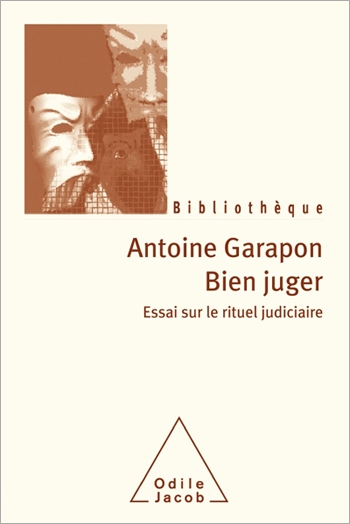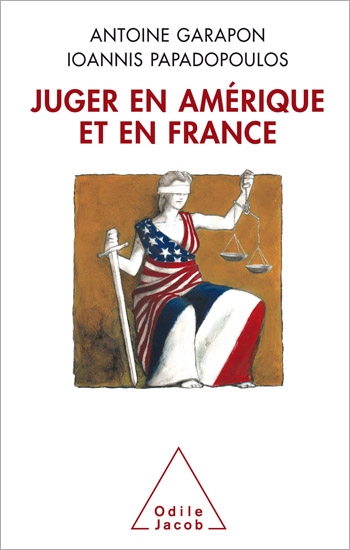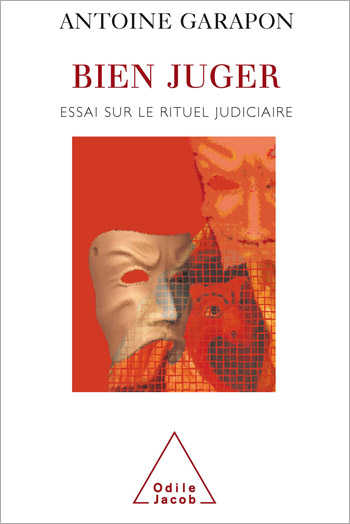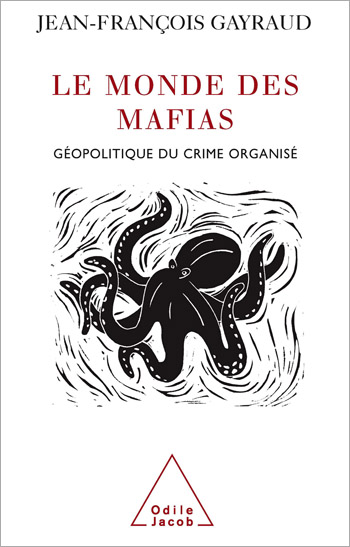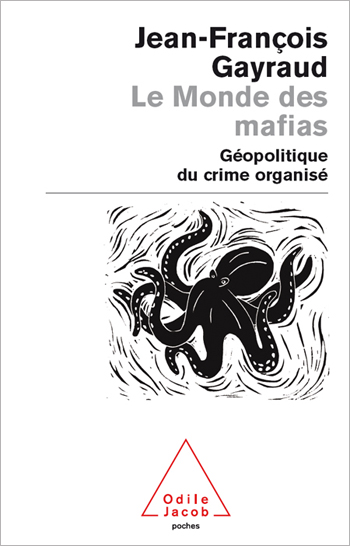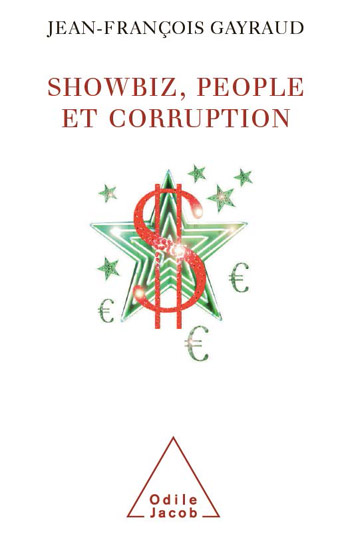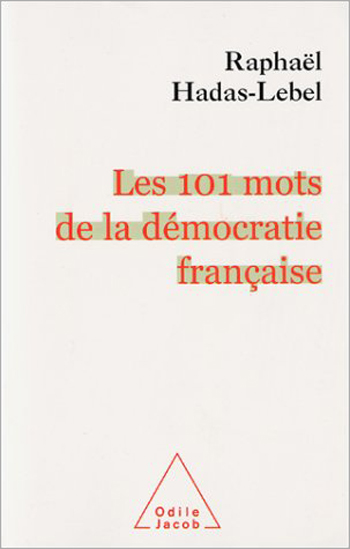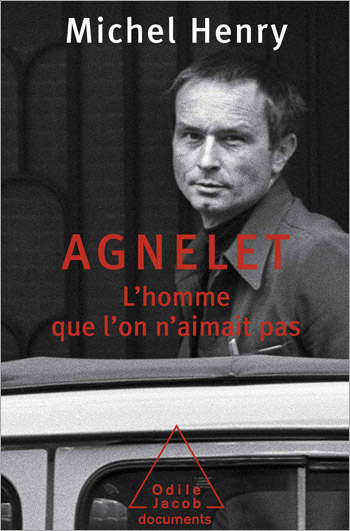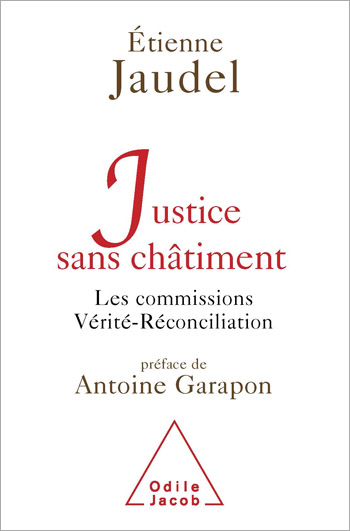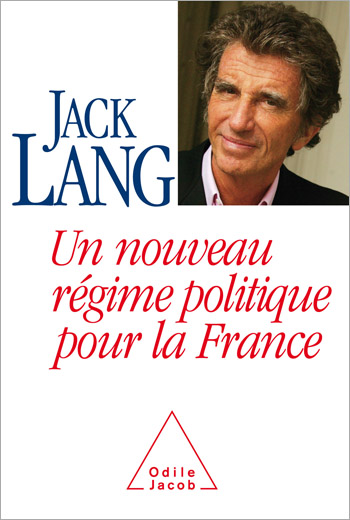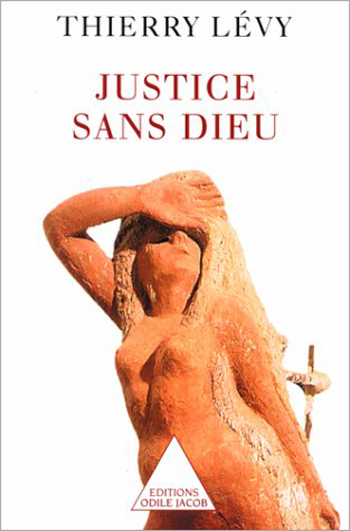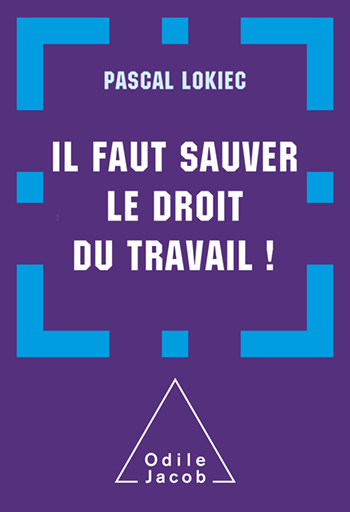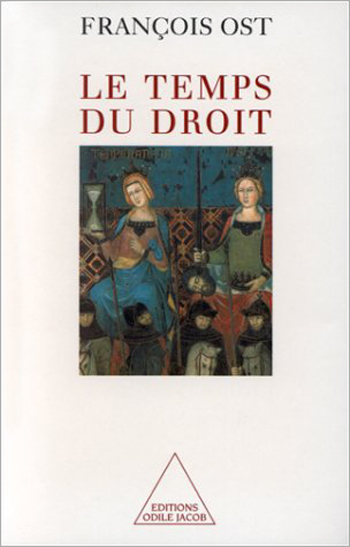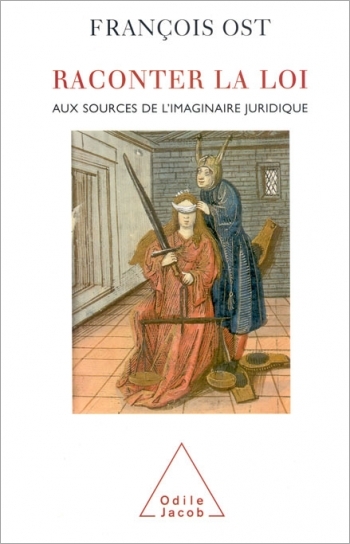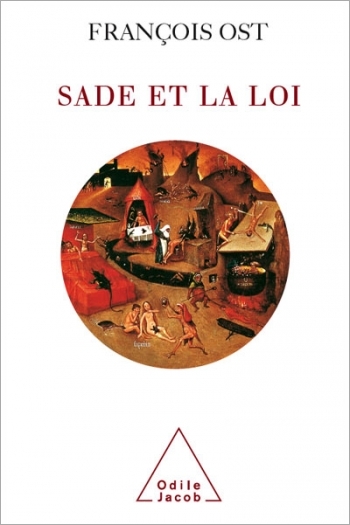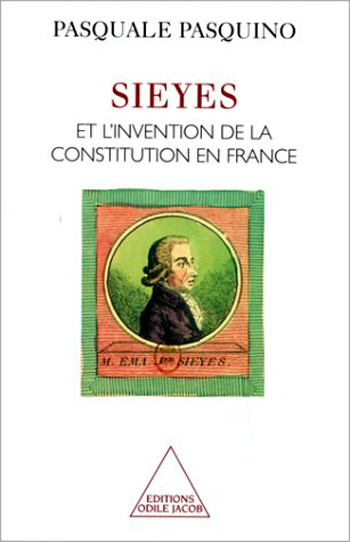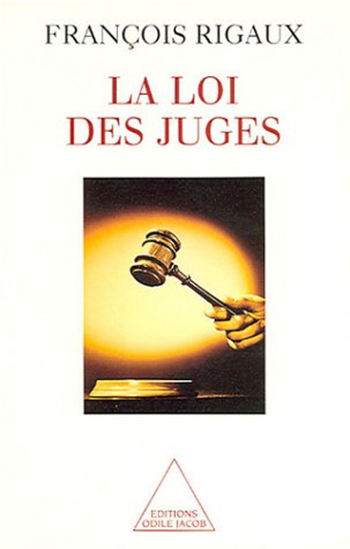Right, Justice All books
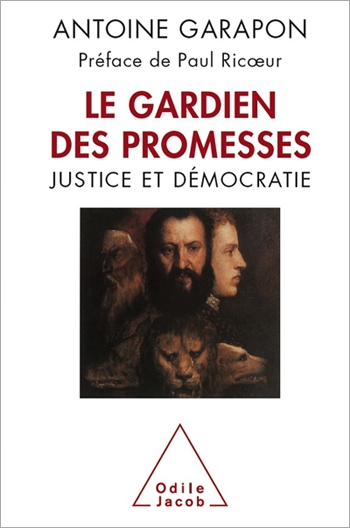
Antoine Garapon
The Guardian of Promises Justice and Democracy
The multiplying cases, the explosion of litigations, the sensational trials which catch the attention of the public : all are evidence of a growth in power of the judicial system, which we expect to be, at the same time, the arbiter of morals, the guarantee of public morality and responsible for the salvation of the people. But why dont we ask what things it cannot provide ? Isnt the idea of a judicial democracy just an illusion, which serves to hide serious problems ? The power of the judicial system is more worrying than exciting. It is an indicator of the discreditation of the State at the same time as a reduction in social cohesion. In the face of the fragility of democratic society, this book is a thorough reflection on the exercise of public power, affirming that the real role of the judge is not to take the place of the politic, but to diffuse the risk of democratic implosion by remaining the guardian of the promises at the very heart of republican laws. Antoine Garapon, a former judge and member of the editorial team of the journal Esprit, is the head of the Institute of Advanced Judicial Studies.
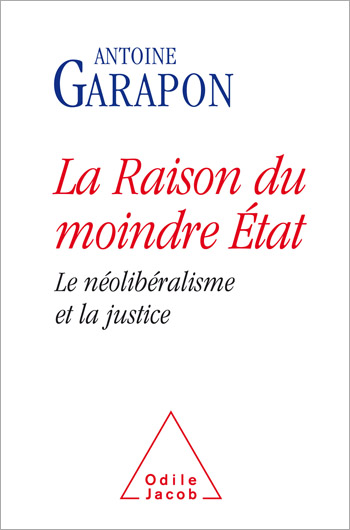
Antoine Garapon
Neoliberal Justice
An indispensable tool of critical thought to reach an independent opinion.

Antoine Garapon
Judging Well Essay on Judicial Ritual
Imagine for a moment that you assist at a trial for the first time. There is no doubt that you would be struck by the strange procedure which happens in front of you, the judicial discussions. It is true to say that before being a moral faculty, judging is firstly an event. According to the author, before there were laws, judges and courthouses, there was a ritual. This book aims to unveil all these facets, showing by example how the public gallery is there to culpabilise and inhibit the defendant, in order to make him submit to the judicial order. Can judges avoid staging trials in order to judge well ?
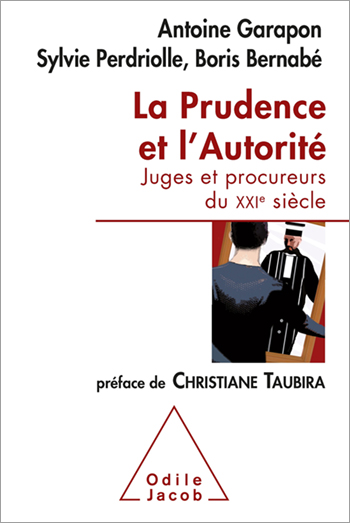
Antoine Garapon, Sylvie Perdriolle, Boris Bernabé
Prudence and Authority The Judge’s Role in the 21st Century
The new role of French judges, according to a report that will be submitted to the government in January 2014
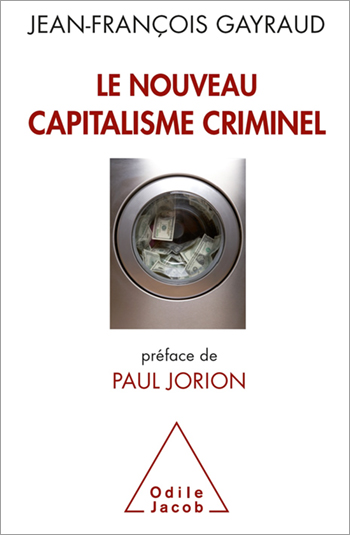
Jean-François Gayraud
A New Criminal Capitalism Financial crises, money laundering, high-frequency trading
How crime creeps into the heart of the global financial system — and perverts it
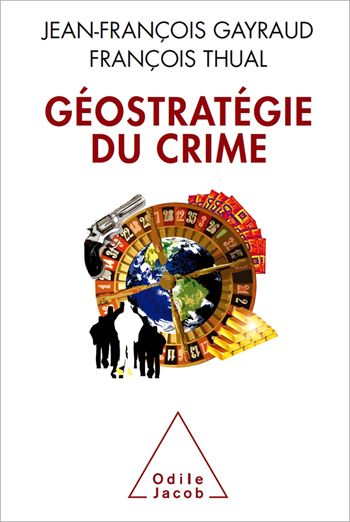
Jean-François Gayraud, François Thual
Geostrategy of Crime
Crime has not escaped from the effects of globalisation — with dire results. Two experts examine here the threats to our present and future security.
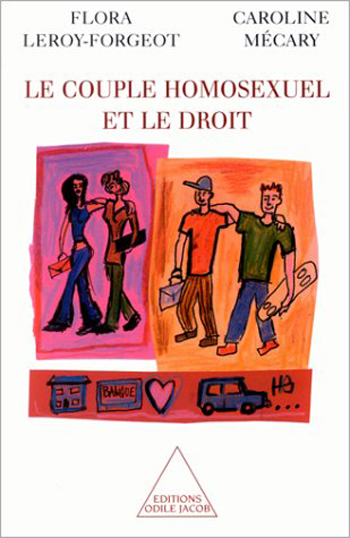
Flora Leroy-Forgeot, Caroline Mécary
The Homosexual Couple and the Law
"Should homosexual unions be recognised? Can foreign models of homosexual unions serve as a point of reference? What was the process of recognition? What could be the consequences? These are but some of the questions raised in this book, which provides all the necessary historical references concerning the social recognition of same-sex couples through the ages. Above all, it provides information on the various legal forms that such social recognition has taken in France as well as in other countries in Europe and North America. Flora Leroy-Forgeot and Caroline Mécary Flora Leroy-Forgeot is a researcher at the Institut Michel-Villey of Legal Studies and Philosophy of Law, at the University of Paris II. Caroline Mécary is a lawyer on the Paris bar and teaches at the University of Paris XII.
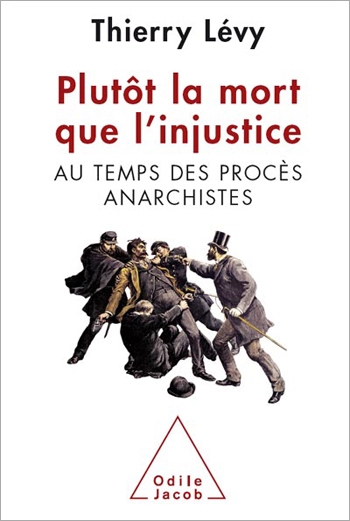
Thierry Lévy
Death Before Injustice The Era of Anarchist Trials
On 8 November 1892, a bomb went off in the staircase of a Paris police station. There was little doubt it had been the act of an anarchist...
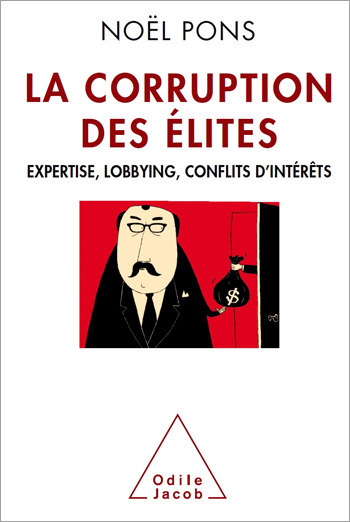
Noël Pons
Corruption of Elites
An expert in the current fight against political and financial fraud gives his viewpoint and shows that not all dysfunctions in the system can be blamed on individual or temporary excesses.
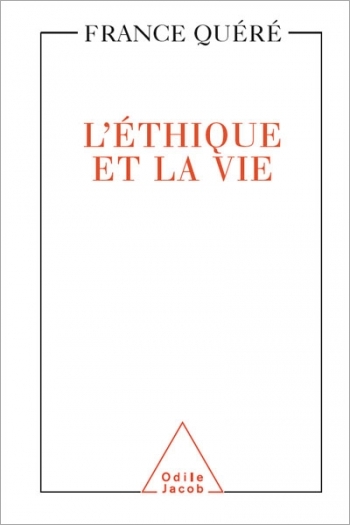
France Quéré
Ethics and Life
The recent advances in life sciences have modified our knowledge about the nature of man. Genetic engineering has given us a certain power over his future. Which principles must preside over artificial procreation and organ donation? How far can we allow genetic engineering and medical experimentations to go? What are the moral and ethical barriers of human science?
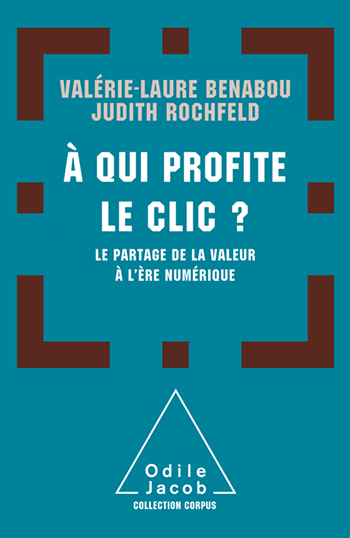
Judith Rochfeld, Valérie-Laure Benabou
Who Profits When You Click? How Value Is Distributed on the Net
The battle for control over digital data
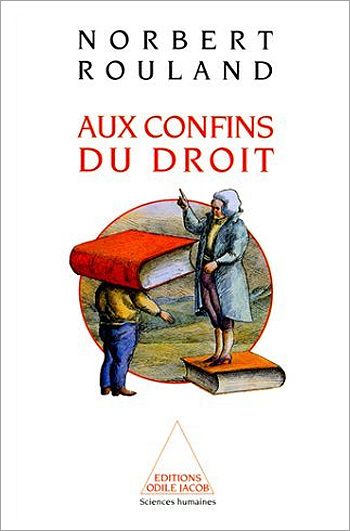
Norbert Rouland
The Confines of the Law
How did law come about? How do different societies answer to the same need for justice? N. Rouland invites us to explore the many aspects of law. Through various societies, a constant question emerges: can Africans, Asians and Westerners all adhere to the same norms? Norbert Rouland is a professor at the University of Aix-Marseille-III, where he teaches judicial anthropology and the history of law.
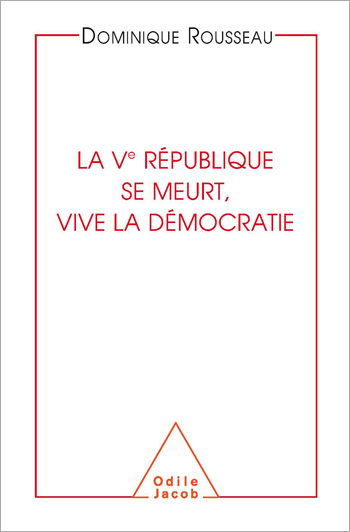
Dominique Rousseau
The Fifth French Republic Is Dying! Long Live Democracy!
The First French Republic was consular, the Second was presidential, the Third and Fourth were parliamentary, but the Fifth seems to have no distinguishing qualities.
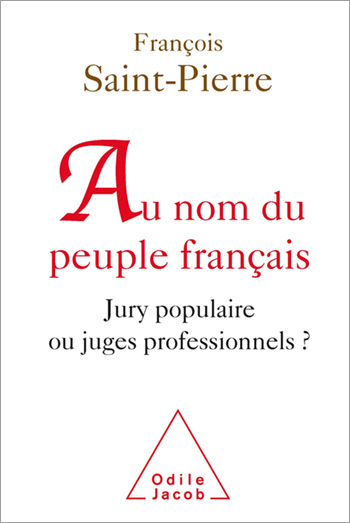
François Saint-Pierre
In the Name of the French People Trial by Jury or by Professional Judges?
Who should judge serious crimes?
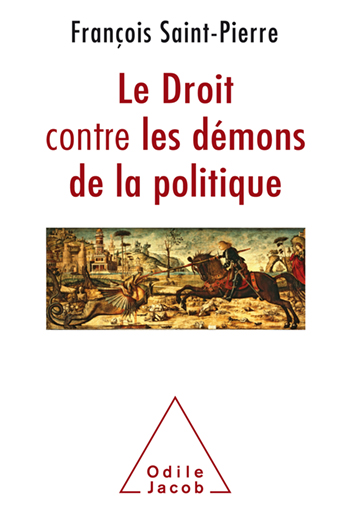
François Saint-Pierre
The Law against the demons of politics
If in the future even a government resulting from regular elections decided to implement an unworthy policy, contrary to the fundamental rights of people, could the justice system oppose it and defend the essential, the rule of law?

